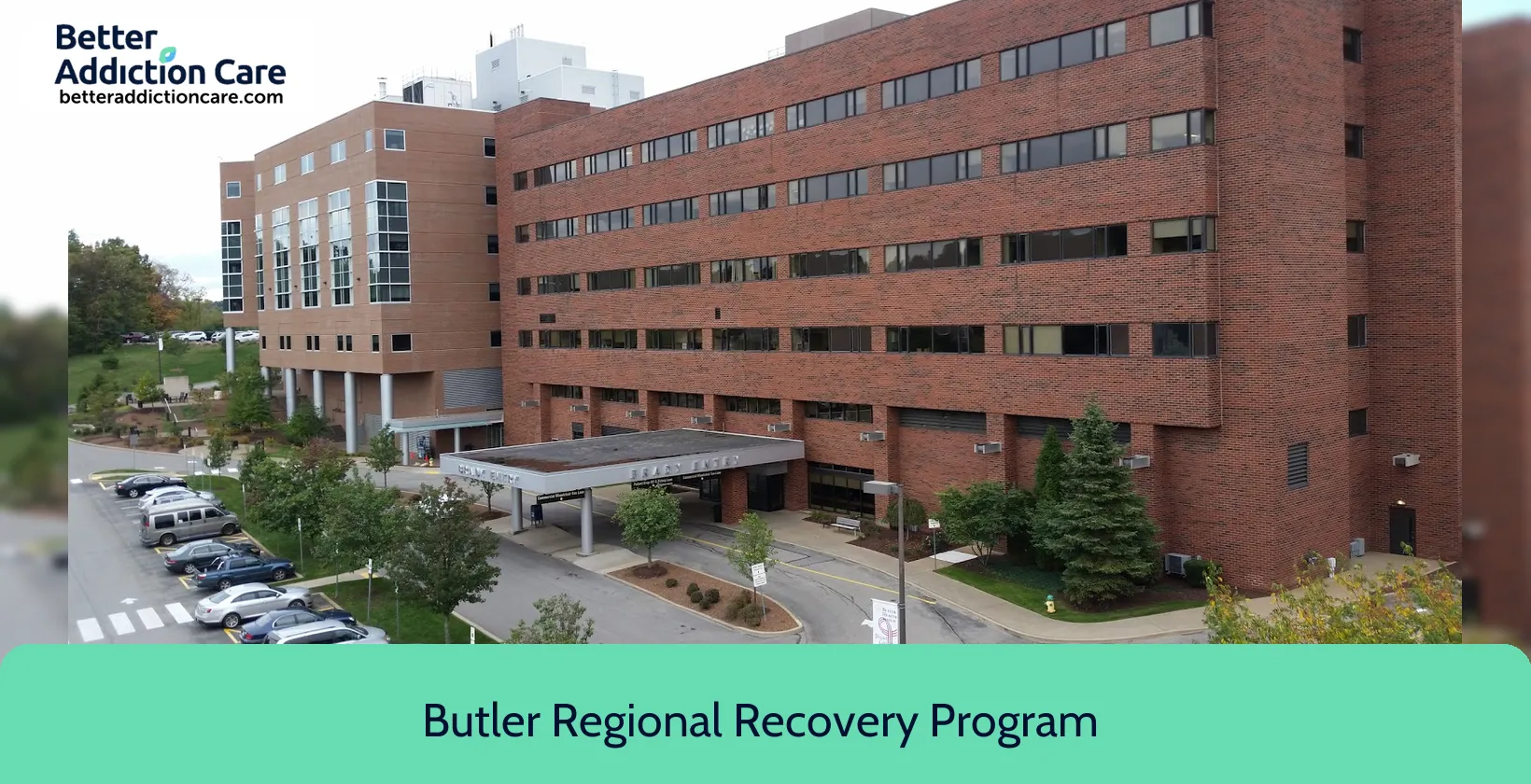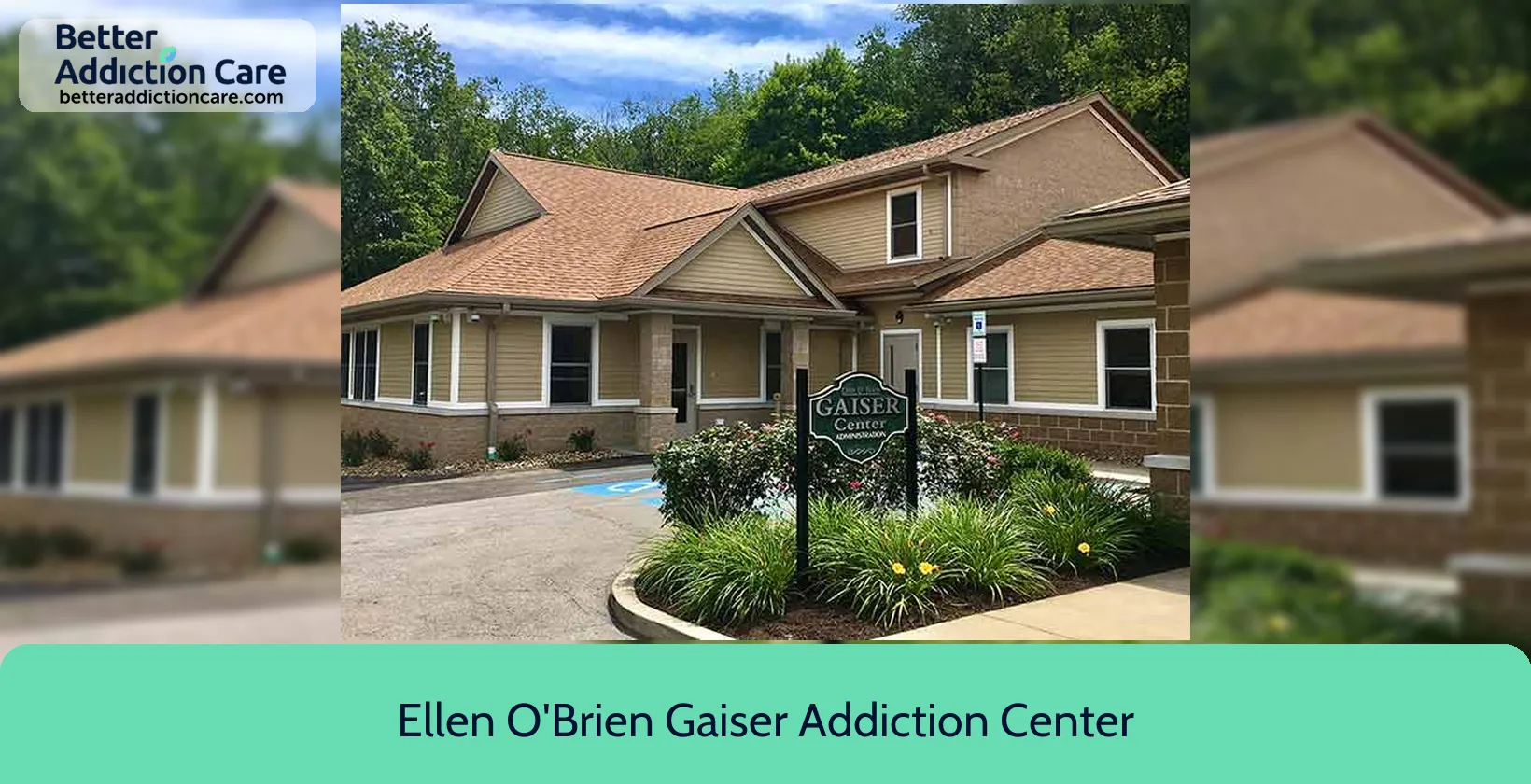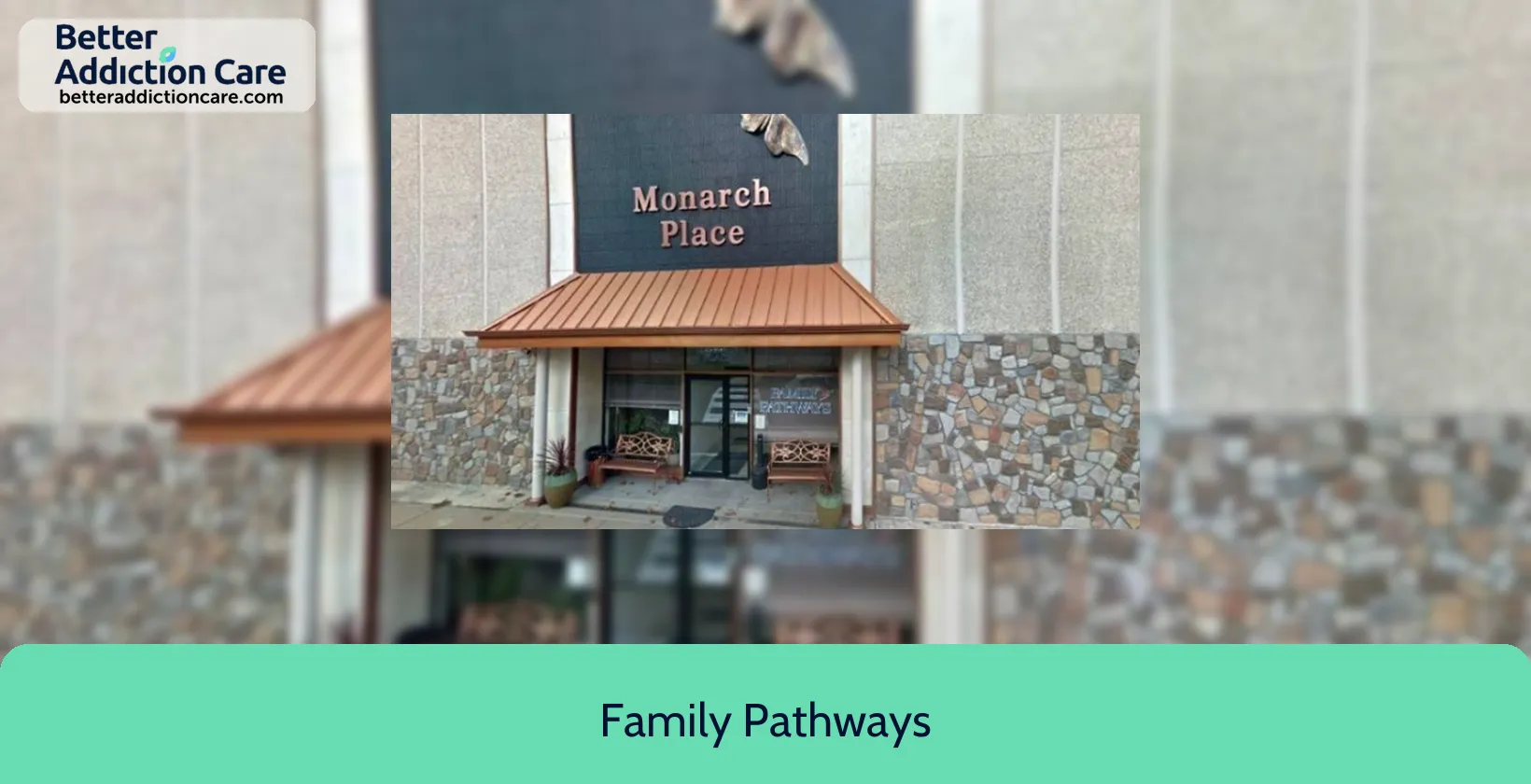Ellen O'Brien Gaiser Addiction Center

Overview
The Ellen O'Brien Gaiser Center, situated in Butler, Pennsylvania, is a facility that specializes in the treatment of substance use disorders, with a particular emphasis on opioid use disorders. The facility provides outpatient and comprehensive services to assist those who are attempting to recover from addiction. The center offers comprehensive care through individual and group therapy sessions, as well as telehealth services, to ensure ongoing support and relapse prevention, without specifying gender-specific or faith-based programs.
By integrating motivational enhancement, medication monitoring, trauma-informed care, and cognitive behavioral therapy, the Gaiser Center customizes its approach to accommodate the unique requirements of each patient, utilizing evidence-based treatment modalities. It is acknowledged as a Pennsylvania Center of Excellence for opioid use disorder treatment, as it is the longest-running addiction treatment program in the region. The Gaiser Center is dedicated to providing clients with compassionate and specialized care, thereby facilitating their long-term recovery through the provision of holistic and ethical treatment.
Ellen O'Brien Gaiser Addiction Center at a Glance
Payment Options
- Cash or self-payment
- Medicaid
- Private health insurance
- Federal, or any government funding for substance use treatment programs
- Self-pay options
Assessments
- Comprehensive mental health assessment
- Comprehensive substance use assessment
- Outreach to persons in the community
- Screening for mental disorders
- Screening for substance use
Age Groups
- Young adults
- Adults
Ancillary Services
- Case management service
- Suicide prevention services
- Mental health services
- Social skills development
Highlights About Ellen O'Brien Gaiser Addiction Center
7.73/10
With an overall rating of 7.73/10, this facility has the following balanced range of services. Drug Rehab and Detox: 8.46/10, Alcohol Rehabilitation: 8.00/10, Treatment Options: 7.94/10, Insurance and Payments: 6.53/10.-
Drug Rehab and Detox 8.46
-
Alcohol Rehabilitation 8.00
-
Treatment Options 7.94
-
Insurance and Payments 6.53
Accreditations
SAMHSA certification for opioid treatment program (OTP):
SAMHSA's Opioid Treatment Programs (OTP) Accreditation is a rigorous recognition process, signaling an OTP's commitment to high-quality care for those with opioid use disorders. It assures patients, families, and the community that the program adheres to evidence-based practices, maintains a safe environment, and employs qualified staff. This accreditation represents a commitment to addressing the opioid epidemic and promoting recovery, symbolizing quality and accountability in opioid addiction treatment.
State department of health:

Government agencies issue State Licenses, which grant rehabilitation organizations permission to conduct their operations lawfully within specific geographic regions. Licenses needed to operate are typically determined by the type of rehabilitation program offered by the facility and its physical location.
Treatment At Ellen O'Brien Gaiser Addiction Center
Treatment Conditions
- Alcoholism
- Substance use treatment
Care Levels
- Outpatient
- Outpatient methadone/buprenorphine or naltrexone treatment
- Intensive outpatient treatment
- Regular outpatient treatment
- Aftercare
Treatment Modalities
- Cognitive behavioral therapy
- Telemedicine/telehealth therapy
- Substance use disorder counseling
- Trauma-related counseling
- Treatment for gambling disorder
Ancillary Services
Languages
- English
Additional Services
- Pharmacotherapies administered during treatment
- Mentoring/peer support
- Breathalyzer or blood alcohol testing
Special Programs
- Criminal justice (other than DUI/DWI)/Forensic clients
- Clients who have experienced trauma
Get Help Now
Common Questions About Ellen O'Brien Gaiser Addiction Center
Contact Information
Other Facilities in Butler

6.83

7.09

7.11

7.22

7.52

6.83
DISCLAIMER: The facility name, logo and brand are the property and registered trademarks of Family Pathways, and are being used for identification and informational purposes only. Use of these names, logos and brands shall not imply endorsement. BetterAddictionCare.com is not affiliated with or sponsored by Family Pathways.
